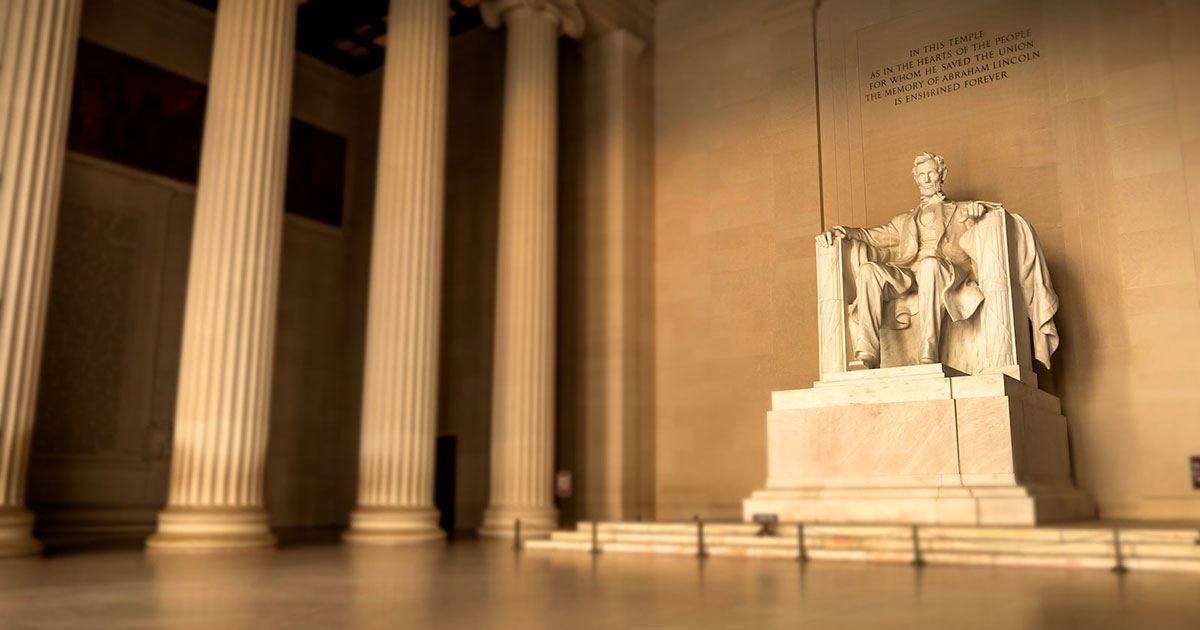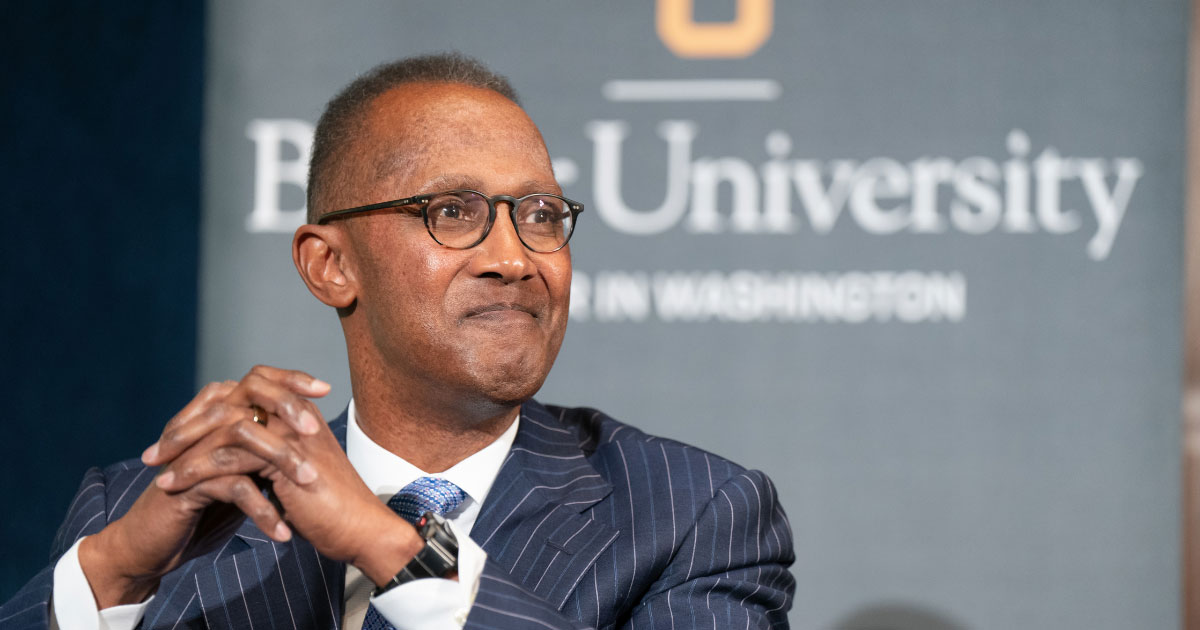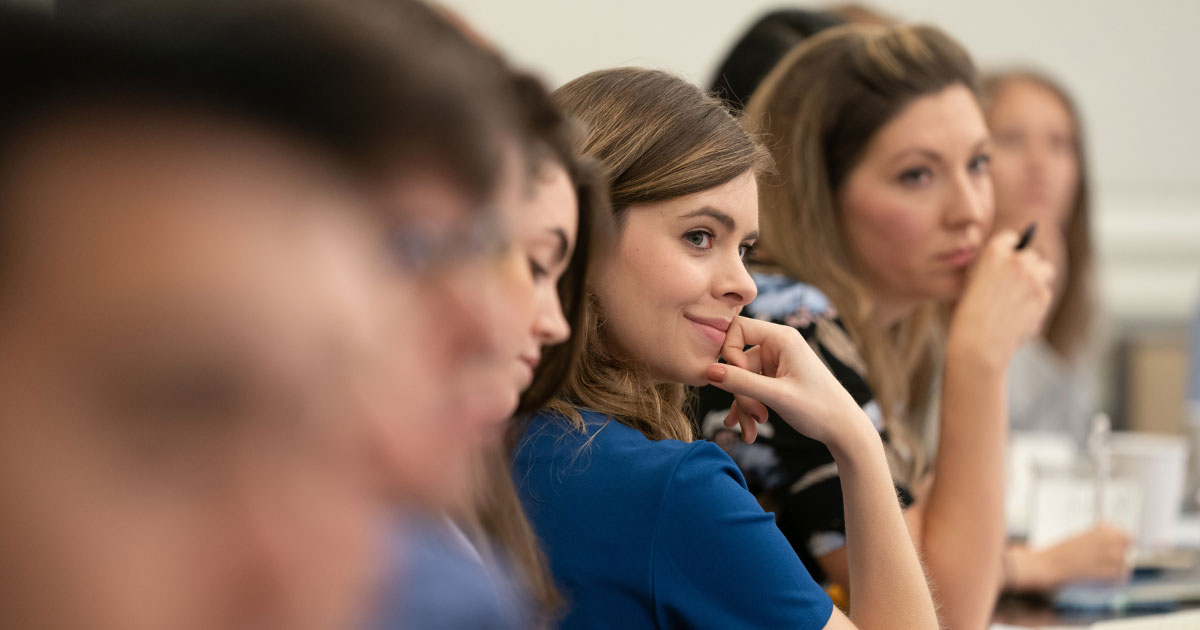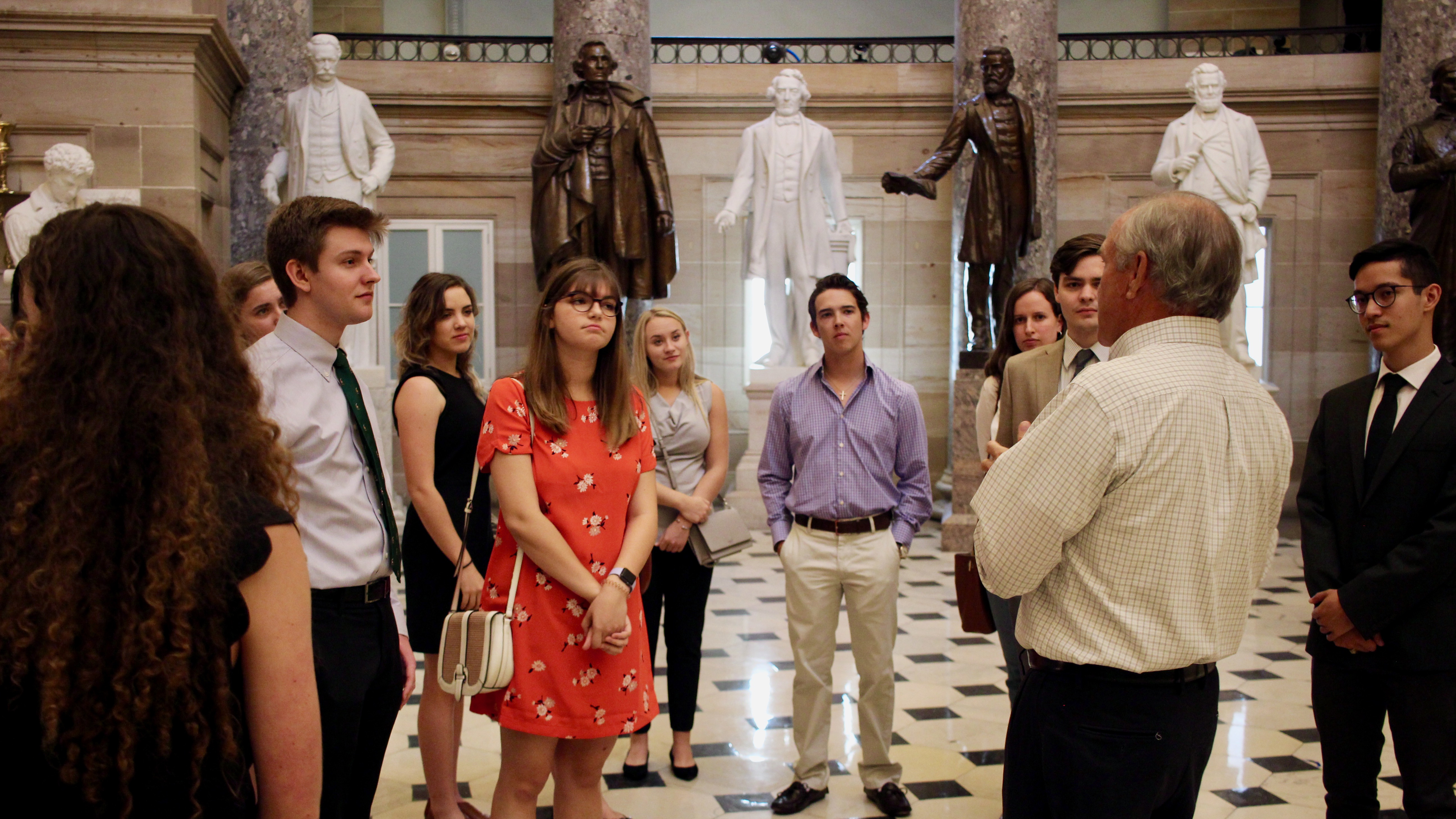Alumni Testimonials
Read More Testimonials“The Baylor in Washington Program was a life changing experience, professionally and personally. The program and my internship pushed me to challenge myself in ways I had not done so before. The people I met and the work I performed during the program were crucial in placing me where I am today.”
“Baylor in Washington was a highlight of my student experience. My semester in Washington connected me with an expansive professional network that has opened doors I never thought possible before participating."
"Through the Baylor in Washington program, I was able to gain valuable work experience while creating lifelong connections and friendships with fellow students and alumni. I look back at my time in Washington with gratitude for such an incredible opportunity that gave me the skills needed to pursue my future career."



